Emily Maitlis on The News Agents podcast: ‘Has anything got better in 14 years of Tory rule? Online deliveries!’
There was a general election in the UK last week, with the Labour Party enjoying a landslide victory, sending the Conservative Party and PM Rishi Sunak packing.
When asked whether anything had improved after 14 years of Conservative rule, former BBC journalist Emily Maitlis - whose infamous interview with Prince Andrew was recently turned into a Netflix film - replied: “Deliveries are really good in this country’.
On The News Agents podcast, she said: “Anything you want delivered gets delivered! I think we are brilliant at deliveries. That’s not necessarily down to the public sector… I think it’s down to the private sector.’
“But, compared to any other country, if you want things delivered in a ridiculously small amount of time, come to Britain.”
Whilst Maitlis is bang on, there is still much for the incoming Labour Government to do to ease the burden on the logistics sector, argues Parcelhero.
Particularly reducing post-Brexit red tape and ensuring its planned taxation reforms don’t end up penalising retailers that have developed an integrated e-commerce and high street approach to sales.
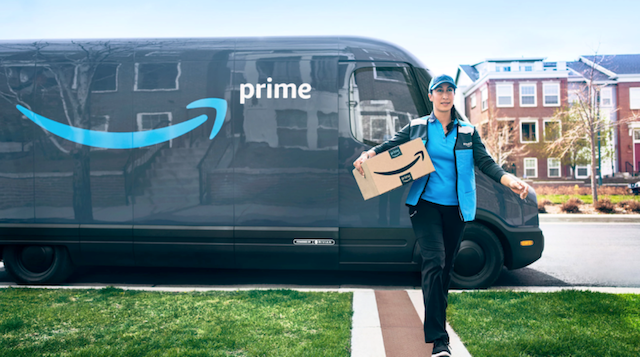
Parcelhero’s Head of Consumer Research, David Jinks, says: “Many of Labour’s policies look promising, particularly in terms of reducing industry’s emissions, improving infrastructure and aiding SME retailers and businesses.”
‘Labour’s pledge to establish Skills England, to bring together business, training providers and unions to ensure we have the highly trained workforce, also sounds encouraging. However, there is one Labour promise we wouldn’t be sad to see it break. Labour has pledged will be no return to the single market or the customs union.”
“Labour says it will work to improve the UK’s trade and investment relationship with the EU by tearing down unnecessary barriers to trade. However, without a significantly stronger trading arrangement with Europe, it’s hard to see how all the new Brexit red tape that is strangling Britain’s exporters to Europe can be eliminated.”
He adds: “We strongly agree with Labour that the current business rates system disincentivises investment, creates uncertainty and places an undue burden on our high streets.”
“We are very pleased to see that, at least in England, it will replace the business rates system. However, it’s current plan seeks to solve a problem that does not really exist and could end up penalising the best retailers and hindering those very deliveries Emily Maitlis was praising in her podcast.”
Labour says of its planned business rates reform: ‘This new system will level the playing field between the high street and online giants’.
However, it is in danger of missing the point that many successful businesses, from Next and John Lewis to small local independent retailers, all realise that an integrated high street and online policy is best, Jinks states.
He concludes: “The new government must recognise that successful companies will have physical stores and distribution warehouses to support their e-commerce activities.”
”Most retailers will find Labour’s policy of cutting high street rates by increasing warehouse rates is giving with one hand while taking with the other. It will be those retailers with strong in-store and online sales that will ultimately triumph in a post-Covid world.”



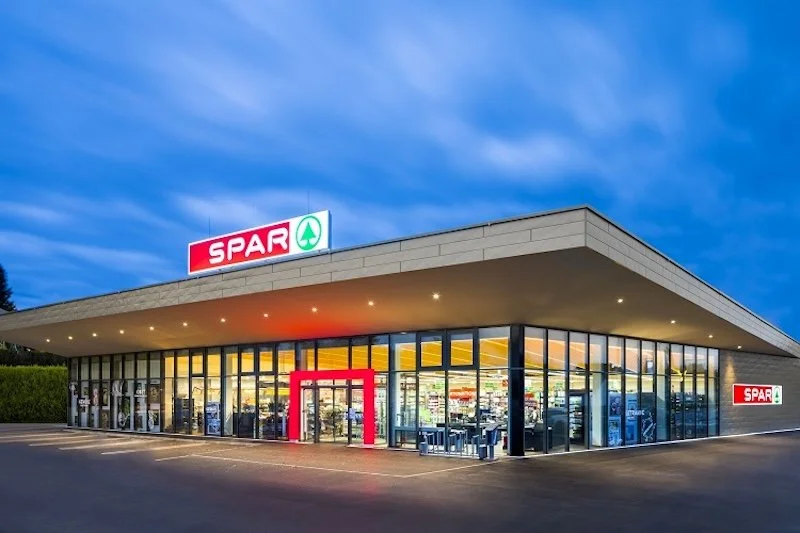

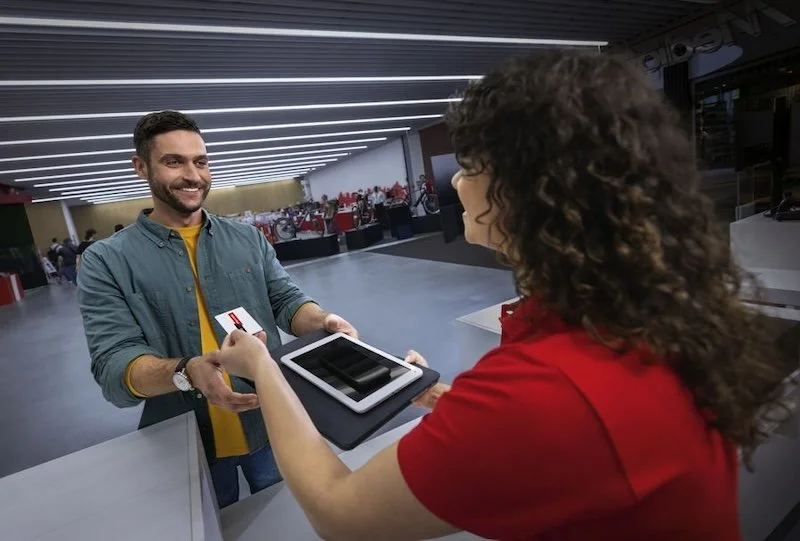


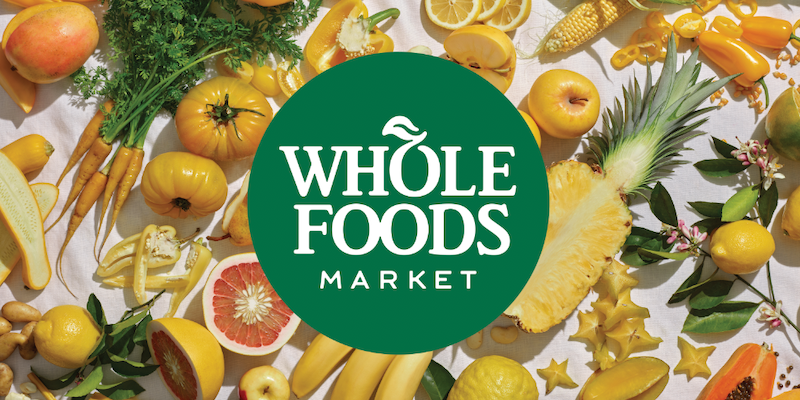

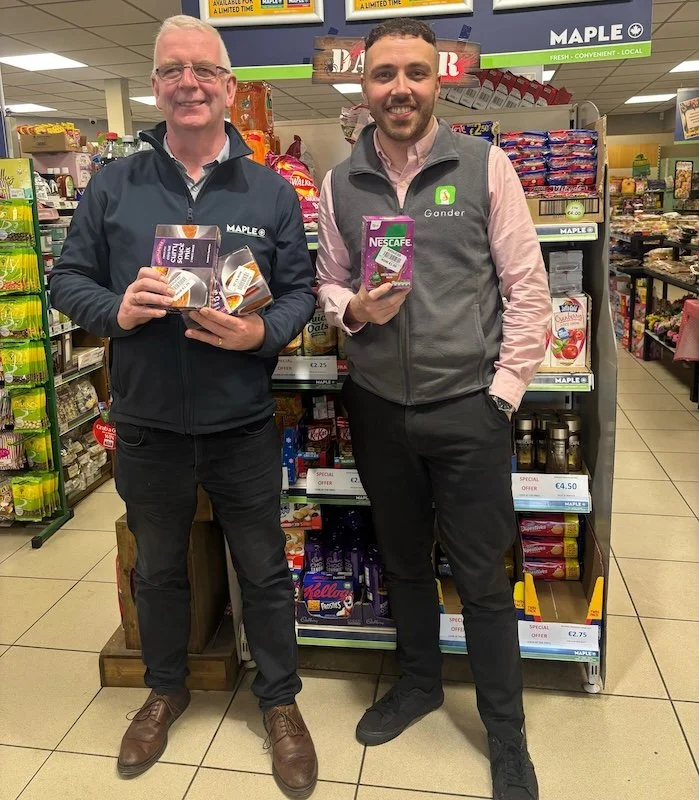

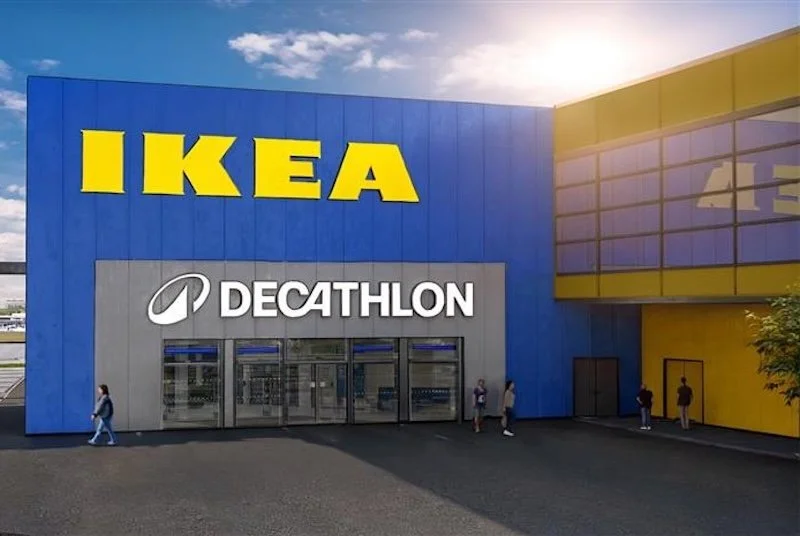
















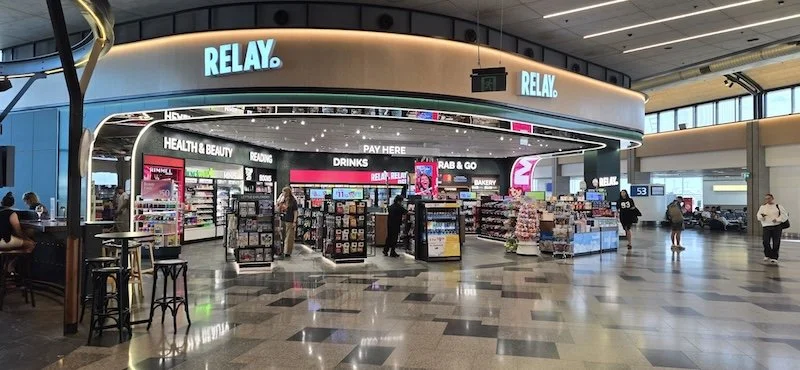
Continue reading…